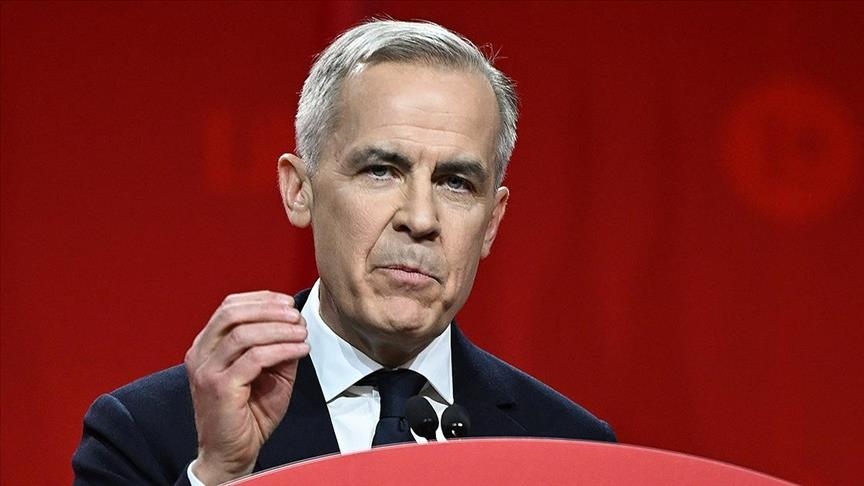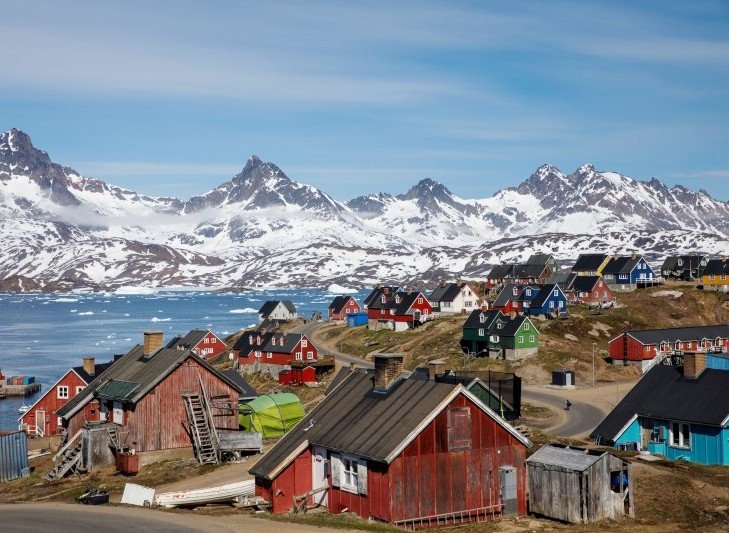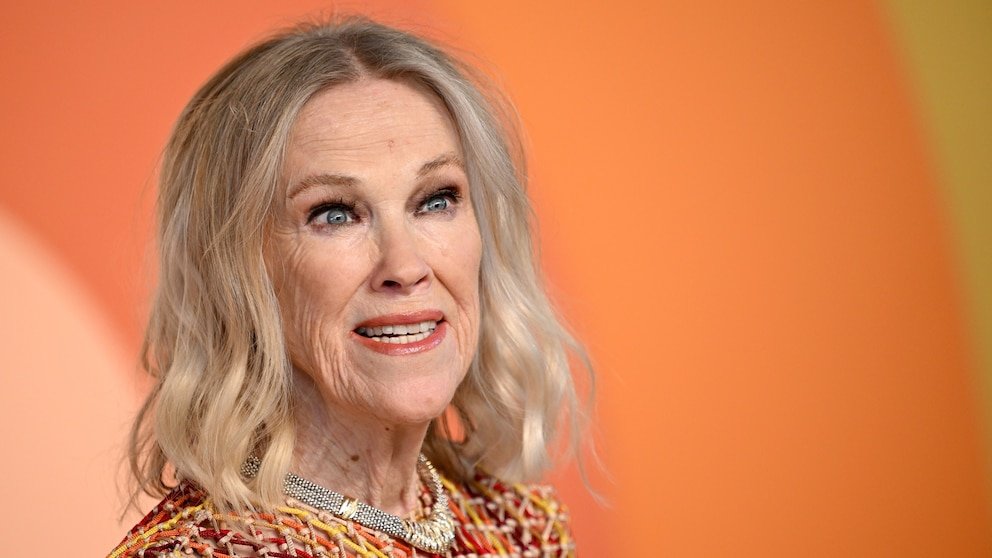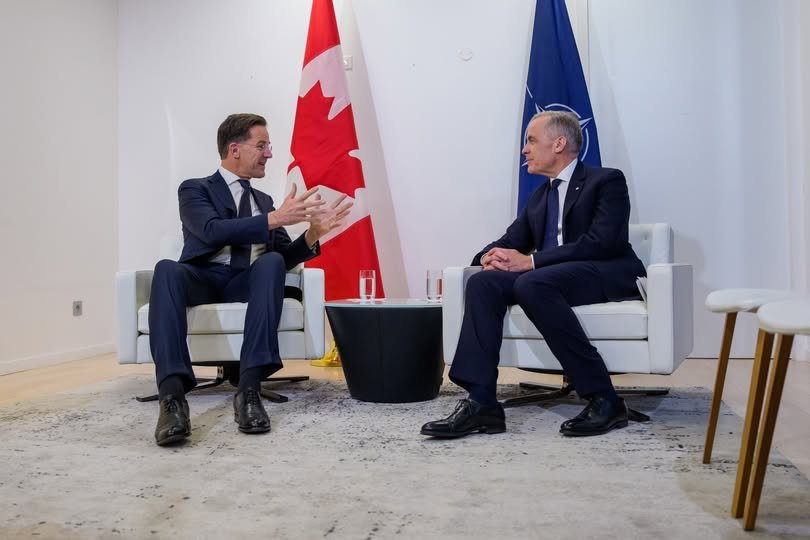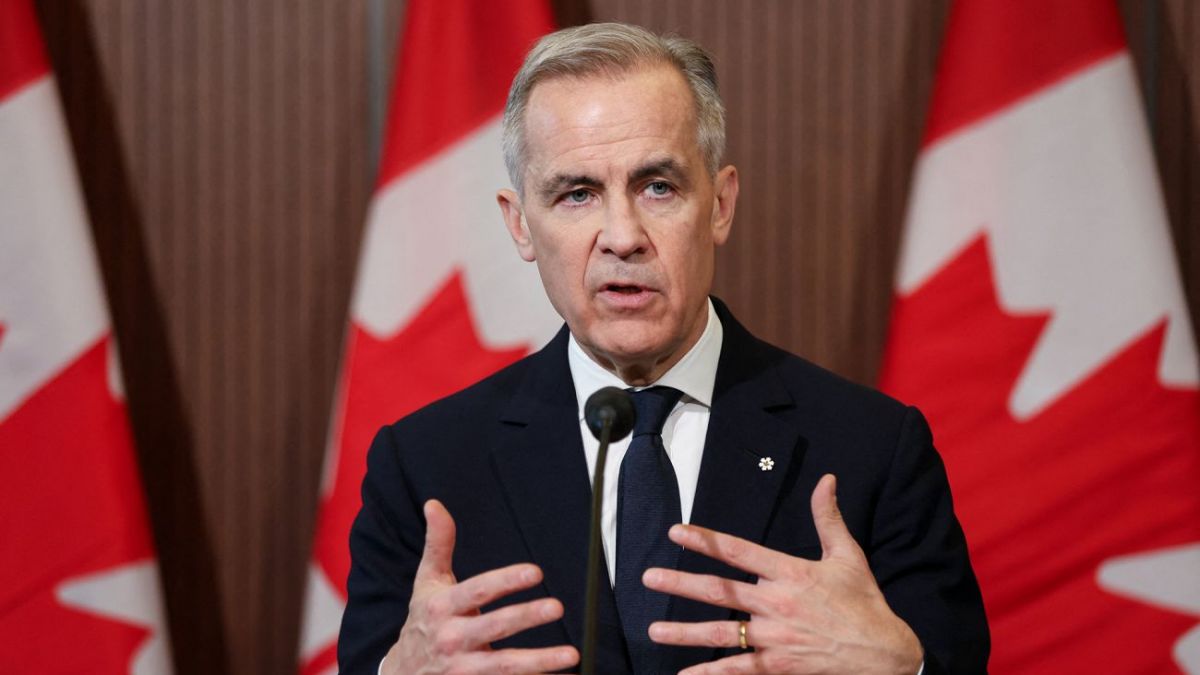Ottawa, July 16, 2025 – The Europe Today: Prime Minister Mark Carney said Tuesday that U.S. President Donald Trump appears firmly committed to using tariffs as a central element of his trade policy, and any prospective trade deal between Canada and the United States may include acceptance of some levies on Canadian exports.
Speaking to reporters on Parliament Hill ahead of a cabinet meeting on the ongoing trade tensions with Washington, Carney acknowledged in French that “all of President Trump’s trade agreements to date have involved tariffs in one form or another,” casting doubt on the possibility of a tariff-free deal.
“There’s not a lot of evidence right now that the U.S. is willing to negotiate a trade agreement without including some level of tariffs,” he said, pointing to the 10 per cent baseline tariff in the recent U.S.-UK trade arrangement, despite the American surplus in that relationship.
While Carney refrained from stating whether his government would accept U.S. tariffs, he reaffirmed that Canada would only enter into a trade deal that is in its national interest. “As I said at the G7 last month, Canada will sign an agreement that is in Canada’s best interest — and only that,” Carney stressed.
Carney noted that under current conditions, Canada enjoys “almost free trade” with the U.S. due to exemptions under the Canada-U.S.-Mexico Agreement (CUSMA). These exemptions allow most Canadian goods to enter the U.S. tariff-free, provided companies comply with the agreement’s regulations.
At the onset of the trade conflict, nearly 62 per cent of Canadian exports did not meet CUSMA requirements, as many firms chose to pay nominal tariffs instead of navigating the required paperwork. However, a recent RBC report indicates compliance has increased significantly since the U.S. imposed tariffs, enabling the majority of Canadian goods to avoid levies.
Nonetheless, Carney acknowledged that U.S. sectoral tariffs — particularly Section 232 levies on steel, aluminum, and autos, as well as threatened duties on pharmaceuticals, lumber, and copper — have caused economic harm in Canada, leading to job losses and reduced exports.
Section 232 tariffs, justified by the U.S. on national security grounds, have been especially damaging to the Canadian steel industry. According to Catherine Cobden, President and CEO of the Canadian Steel Producers Association, steel production in Canada has fallen by 30 per cent since the metals tariffs were first imposed.
“We need to stabilize the situation for Canada,” Carney asserted. “The government has consistently stood up for Canadian workers and businesses throughout these negotiations, and we will continue to do so. I expect discussions will intensify between now and the end of the month, and we’ll be working hard on that.”
However, Conservative Leader Pierre Poilievre criticized Carney’s remarks, calling them “another unilateral concession from a man who said he would never back down to the U.S. president.” He also condemned Carney’s earlier decision to withdraw Canada’s digital services tax — a move reportedly made at the request of the U.S.
Arlene Dickinson, a prominent businesswoman and member of the Council on Canada-U.S. Relations, said tariffs may now be inevitable under Trump’s administration. “It’s just not his style to agree to zero tariffs. He’s bullying Canada with constant threats and autocratic behaviour,” she said.
Last week, President Trump sent a letter to Prime Minister Carney announcing his intention to raise the base tariff on non-compliant Canadian goods from 25 per cent to 35 per cent by August 1, citing the need for Canada to act against fentanyl trafficking. However, U.S. government data shows minimal fentanyl seizures at the northern border.
In response, the Canadian government has allocated over $1 billion to enhance border enforcement and dismantle drug trafficking networks, with law enforcement across the country stepping up efforts in recent months.
“If Canada works with me to stop the flow of fentanyl, we will, perhaps, consider an adjustment to this letter,” Trump said on Monday.
Trump also emphasized that his tariff letters constitute his version of trade deals. “The letters are the deals. The deals are made. There are no deals to make,” he told reporters.
In the event of increased U.S. tariffs, Canada may retaliate with countermeasures. Carney has so far withheld matching Trump’s latest hike of the steel and aluminum tariff to 50 per cent but warned that Canada’s counter-tariffs would rise if talks do not yield a resolution by the end of the month.
“We will review our response as negotiations progress,” Carney concluded.
